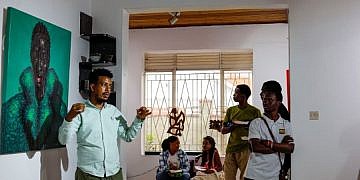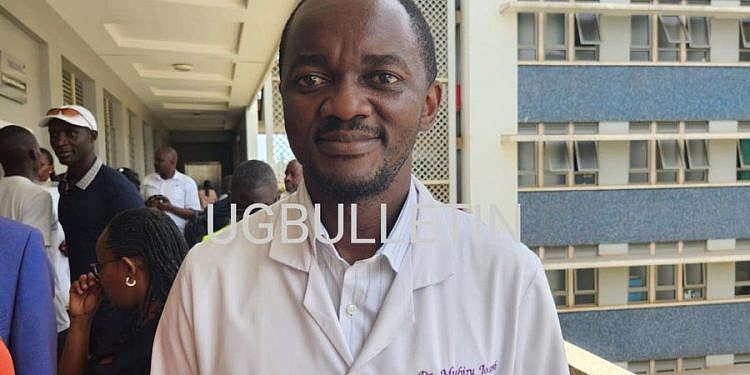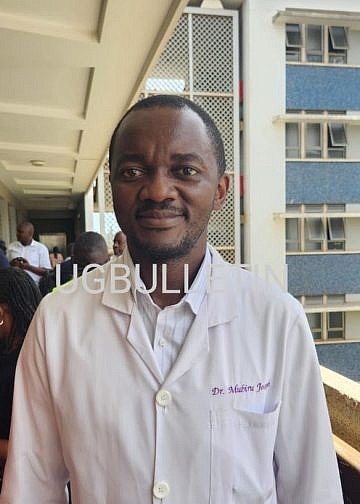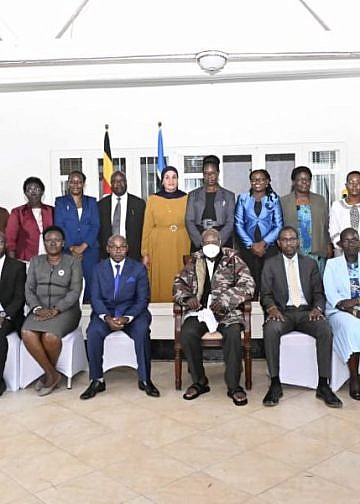Mulago National Referral Hospital continues to bear the brunt of Uganda’s growing road traffic crisis, with 60% of trauma cases resulting from accidents.
Dr. Joseph Mubiru, head of orthopedic services at the hospital’s Accident and Emergency Department, revealed that on average, the hospital receives about 800 trauma cases each month. Of these, 30% are critically ill, 40% very sick, and 30% mildly injured. The majority of patients sustain bone and head injuries, with abdominal and chest trauma comprising the rest.
“On average each month we receive about 800 cases of trauma from accidents. That’s about 60% of our casualties arising from road traffic accidents. The lion’s share is handled by orthopedics and neurosurgery, with bones and head injuries taking up the biggest percentage,” Dr. Mubiru said.
The cost of treating a critically ill patient is steep. Dr. Mubiru explained that care without surgery can cost up to shs3.5 million per day, a figure beyond the means of the average Ugandan household. “One patient? Yes, one patient… you might need to spend about 13 million shillings to save a critically ill patient,” he said.
The human and economic toll is significant, with 55% to 60% of casualties being male, primarily aged 18 to 45—the most productive segment of society. Many victims remain hospitalized for extended periods, losing livelihoods and income during recovery.
Boda bodas remain a leading cause of road injuries, particularly head injuries, Dr. Mubiru noted. “Majority of the road traffic accidents involve boda bodas. They take the lion’s share, followed by other motor vehicles,” he said.
Mulago Hospital, which handles the highest volume of casualties in the country, operates with limited manpower and resources. Many patients also arrive unattended, further complicating timely care.
“Majority of casualties come unattended. If there is a cost involved for treatment or logistics, you can imagine the impact,” Dr. Mubiru explained.
He emphasized the importance of public awareness and road safety education, especially for boda boda riders, as a key measure to reduce accidents and ease the strain on hospital services.
“Awareness adds a lot of value. If we educate motorists, particularly boda bodas, about these statistics and their impact, it will go a long way in reducing these numbers,” he said.
With road traffic injuries on the rise, Mulago Hospital remains on the frontline, managing the devastating human, social, and economic consequences of Uganda’s traffic accident epidemic.







































